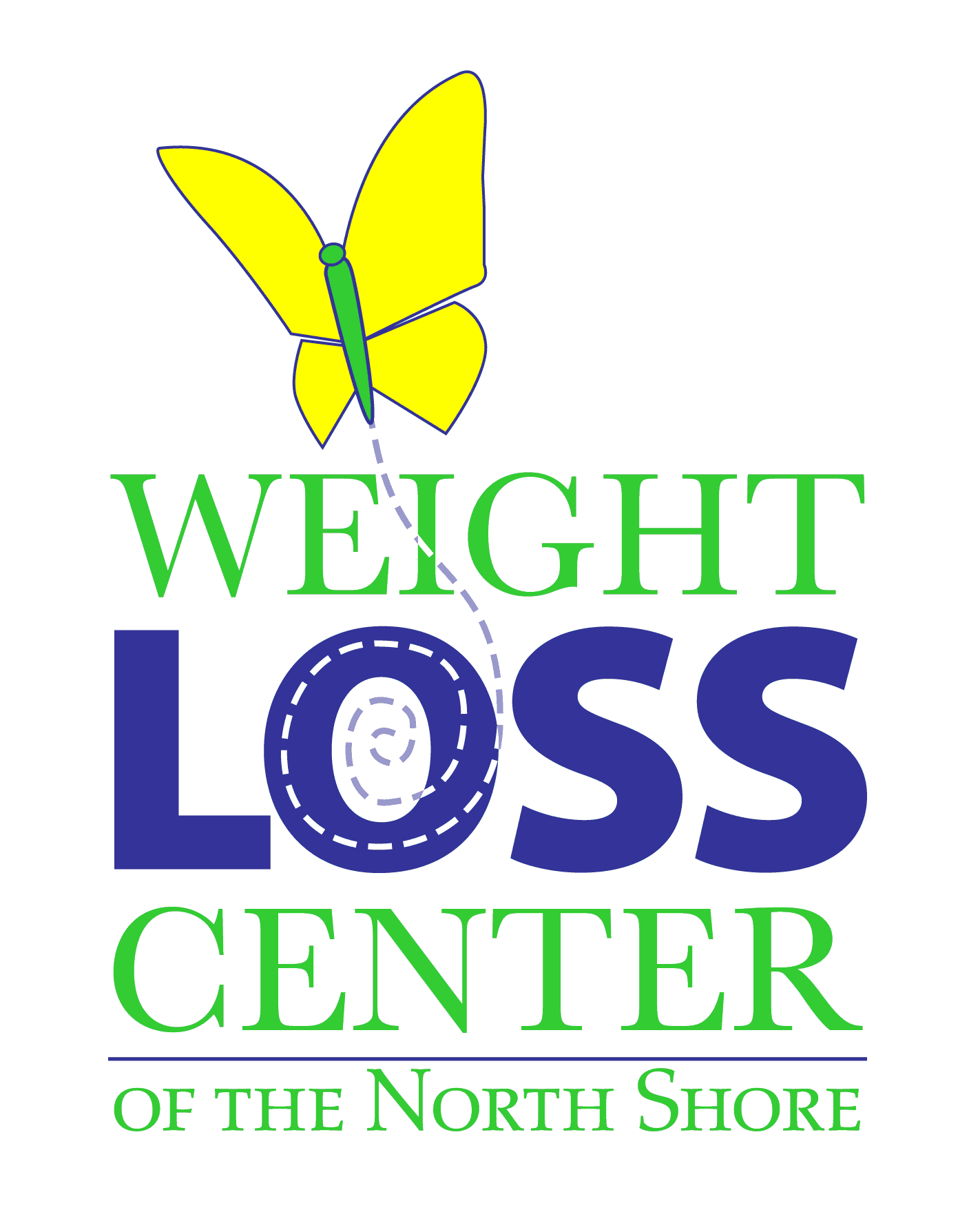The Science of Caloric Intake: Determining the Optimal Diet Plan for Weight Loss
Losing weight can be a challenging journey, and one of the key factors in achieving successful weight loss is understanding the science behind caloric intake. While there are numerous diet plans and strategies available, it's essential to seek guidance from a medical professional who can tailor a personalized approach to your unique needs. At the Weight Loss Center of the North Shore, our team of experts can provide the necessary support and expertise to help you reach your weight loss goals. Let's delve into the science of caloric intake and discover how it plays a vital role in determining the optimal diet plan for weight loss.
Understanding Caloric Intake
Calories are units of energy found in the food we consume. When we consume more calories than our body needs for daily functioning, the excess energy is stored as fat, leading to weight gain. On the other hand, creating a calorie deficit by consuming fewer calories than our body requires can result in weight loss. However, determining the right caloric intake for weight loss is not a one-size-fits-all approach.
The Role of Medical Professionals
While there are various online resources and self-proclaimed weight loss gurus offering generic diet plans, it's crucial to remember that everyone's nutritional needs and metabolic rates are unique. This is where medical professionals, like those at the Weight Loss Center of the North Shore, play a pivotal role. Our experts have the knowledge and experience to assess your specific health needs, medical history, and body composition to create a tailored diet plan that supports your weight loss goals.
Personalized Approach to Caloric Intake
Medical professionals understand that determining the optimal caloric intake for weight loss is a comprehensive process. It involves considering factors such as your basal metabolic rate (BMR), activity level, body composition, and any underlying medical conditions. By conducting a thorough assessment, they can calculate the appropriate caloric deficit that will support healthy and sustainable weight loss.
Monitoring and Adjusting
A crucial aspect of any successful weight loss journey is ongoing monitoring and adjustment. Medical professionals provide regular check-ins and evaluations to ensure that your diet plan is effective and aligned with your goals. They can make adjustments to your caloric intake, macronutrient distribution, and meal timing based on your progress and any changes in your health status.
When it comes to weight loss, understanding the science of caloric intake is key. However, the importance of seeking help from a medical professional cannot be overstated. At the Weight Loss Center of the North Shore, our team is dedicated to providing individualized support and guidance to help you achieve your weight loss goals safely and effectively. Ready to embark on your weight loss journey with expert guidance? Contact us today to schedule a consultation and embark on a personalized journey toward a healthier and happier you.
References:
National Institute of Diabetes and Digestive and Kidney Diseases. (n.d.). Very Low-Calorie Diets.
Raynor, H. A., Champagne, C. M., & Position of the Academy of Nutrition and Dietetics. (2016). Position of the Academy of Nutrition and Dietetics: Interventions for the Treatment of Overweight and Obesity in Adults. Journal of the Academy of Nutrition and Dietetics, 116(1), 129-147.
Koliaki, C., Spinos, T., & Spinou, M. (2019). The Role of Caloric Balance in Obesity Management: A Review. Cureus, 11(11), e6270. doi:10.7759/cureus.6270
Harvard T.H. Chan School of Public Health. (2021). Healthy Weight: Calories Count. Retrieved from https://www.hsph.harvard.edu/nutritionsource/healthy-weight/diet-reviews/calories/
Centers for Disease Control and Prevention. (2020). Losing Weight.
